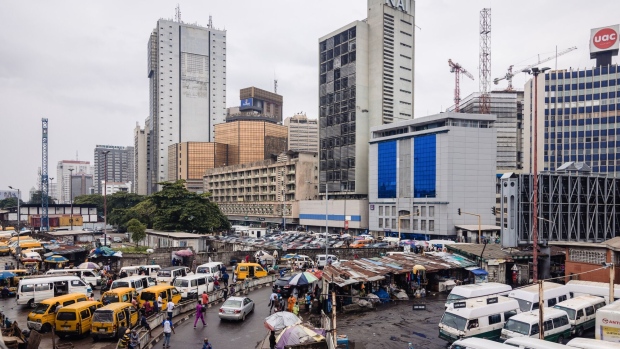Nigeria’s private sector contracted in July as the Purchasing Managers’ Index (PMI) dropped to 49.2 from 50.1 in June, marking the first dip below 50.0 in eight months. This decline signals deteriorating business conditions due to steep price pressures affecting demand.
Both business activity and new orders saw reductions, with sharp price increases continuing to impact customer demand. Three of the four sectors reported decreased activity, except for manufacturing, where production increased.
Input costs and selling prices rose rapidly, though efforts to secure sales led to a slower pace of output price inflation. Confidence hit a record low, with firms the least optimistic since the survey began.
Employment rose slightly, with job creation reaching the fastest rate in 2024. Reduced input demand and prompt payments shortened suppliers’ delivery times.
Despite current challenges, businesses remain confident about future output growth, driven by expansion plans, potential exports, and the upcoming primary harvest season, which is expected to boost domestic economic activities in the latter half of 2024.
Attribution: Purchasing Managers’ Index (PMI)


